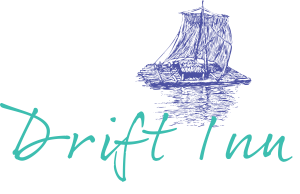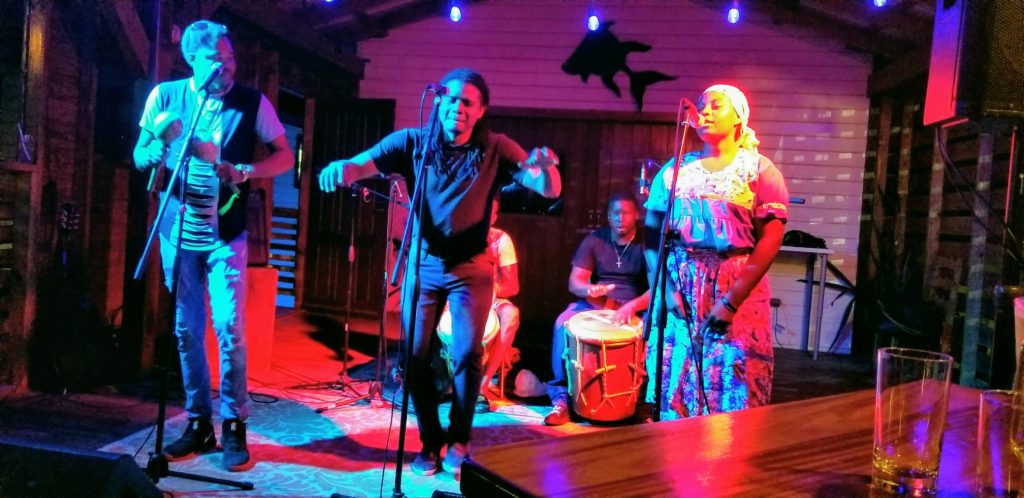Garifuna Settlement Day
One of the most important days on our Belizean calendar, Garifuna Settlement Day celebrates the arrival of the first Garifuna. In 1832 Garifuna’s descendants of the Afro-indigenous population from the Caribbean were first deported from St Vincent in 1797. This day showcases their rich, unique culture along with music and a staging of the arrival by the first settlers at the port.
Here is a short video celebrating Garifuna day in Belize!
Garifuna day
Garifuna Settlement Day is a public holiday in Belize, celebrated each year. The holiday create by Belizean civil rights activist, Thomas Vincent Ramos, in 1941. As a result, It got recognition as a public holiday in the southern districts of Belize in 1943 and declared a national holiday in 1977.
Raising of the Flag
The Garifuna flag raising and flown throughout the country. Its colors are a mix of yellow, white, and black Yellow represents the sun, white for peace, and black is the color of the people. Along with the raising of the flag, there are cultural presentations but also a series of official ceremonies.
Why Garifuna day is so special
First thing on the morning on Garifuna Settlement Day, towns and villages along with the coast re-enact the dramatic arrival of the Garifuna in handmade dugout canoes. Following by enthusiastic and joyful drumming, dancing, and street parades Garifuna music and dance styles are held. Street dances are a common occurrence when people are not enjoying plates of Garifuna traditional food. Cassava bread and hudut in other words (fish that has been cooked in coconut) or listening to village elders’ tales of the Garifuna culture. Especially if you happen to be in Belize in Mid-November this is a great cultural experience.
Where to go for this Events
The place to be is definitely Hopkins and Dangriga Town. Hopkins is a Garifuna Village where it will be great to hear some Garifuna drums. You can even take classes to learn how to drum too at the Lebeha Drumming Center. Native Garinagu gather round to partake in traditional dancing like punta or “Jankunu”.

